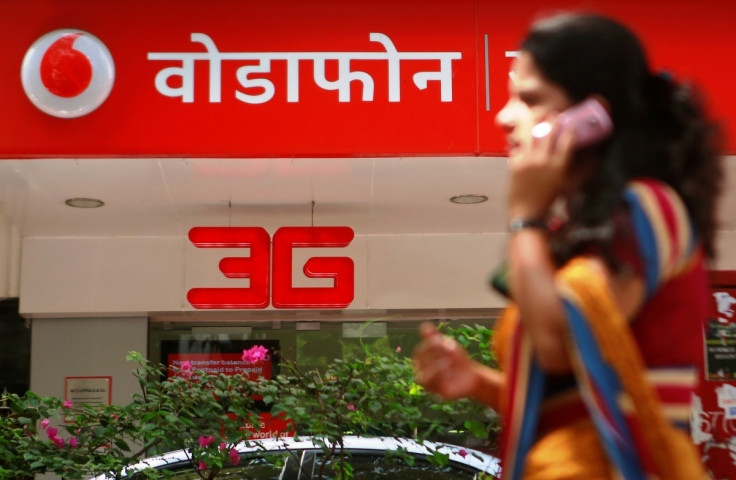India: Vodafone Spends Some $3bn For Airwaves in Auction

Indian mobile phone market rivals Vodafone and Bharti Airtel purchased airwaves worth some $3bn each in a fiercely contested auction that raised nearly $10bn (£6bn) in total, far beyond New Delhi's target.
The government had hoped to raise at least $1.8bn (£1.1bn, €1.3bn) from the auction, which ended on 14 February after 10 days of bidding, to help reduce its budget deficit.
It will now rake in a minimum $3bn upfront from the auction. Companies need to pay a quarter to a third of the winning price to begin with and the rest within the next 12 years.
Market leader Bharti Airtel and second-ranked Vodafone said they had bagged airwaves in the premium 900 megahertz band available in three metros – the capital city Delhi, Mumbai and Kolkata.
The stakes were particularly high for Vodafone and Bharti, which operate on the relatively more-efficient 900 Mhz band across key cities. Their rights were to expire in November and the transition to another band would have been an expensive affair.
The third-largest player, Idea Cellular, spent $1.7bn on new airwaves including in the 900 Mhz band in Delhi.
Vodafone, Bharti and Idea said they could use the 900 and 1800 spectrum bands to rollout mobile data services.
Disruptive Force?
Mukesh Ambani-led Reliance Industries, a new player in the telecom sector and a potential threat to the incumbents, bought airwaves in the 1800 Mhz band in 14 locations, the government said.
Reliance was also expected to win airwaves in the 900 Mhz band in the key cities, which would have hurt the market leaders. While Reliance did not divulge investment details, PhillipCapital estimated it spent about $1.7bn.
Other firms such as Telenor's Indian arm, Anil Ambani-led Reliance Communications and Aircel won airwaves in the 1800 MHz band in some zones.
Companies have the right to use the airwaves for 20 years.
"The incumbents have clearly strengthened their data footprint. Of course they have spent a lot, but this was necessary to save their turf," Naveen Kulkarni, a Mumbai-based telecoms analyst at PhillipCapital told Reuters.
"The government is happy and we will see a smile on the face of the finance minister," telecoms minister Kapil Sibal said, after the auction ended.
Spectrum Sale
Spectrum auctions in March 2013 and November 2012 failed as several bidders stayed away, complaining that the base prices for bids were too high. The government was compelled to slash reserve prices for the latest auction.
In 2010 India raised $17bn from the sale of airwaves for 3G and 4G services.
Reliance Industries already owns 4G spectrum nationwide from the 2010 auction but has not rolled out services. The latest 1800 band purchase would help it improve 4G coverage.
India had originally sold airwaves for basic mobile services through a state-selection process, but opted for an open auction in 2012 after a scandal over mis-selling of permits.
© Copyright IBTimes 2024. All rights reserved.







